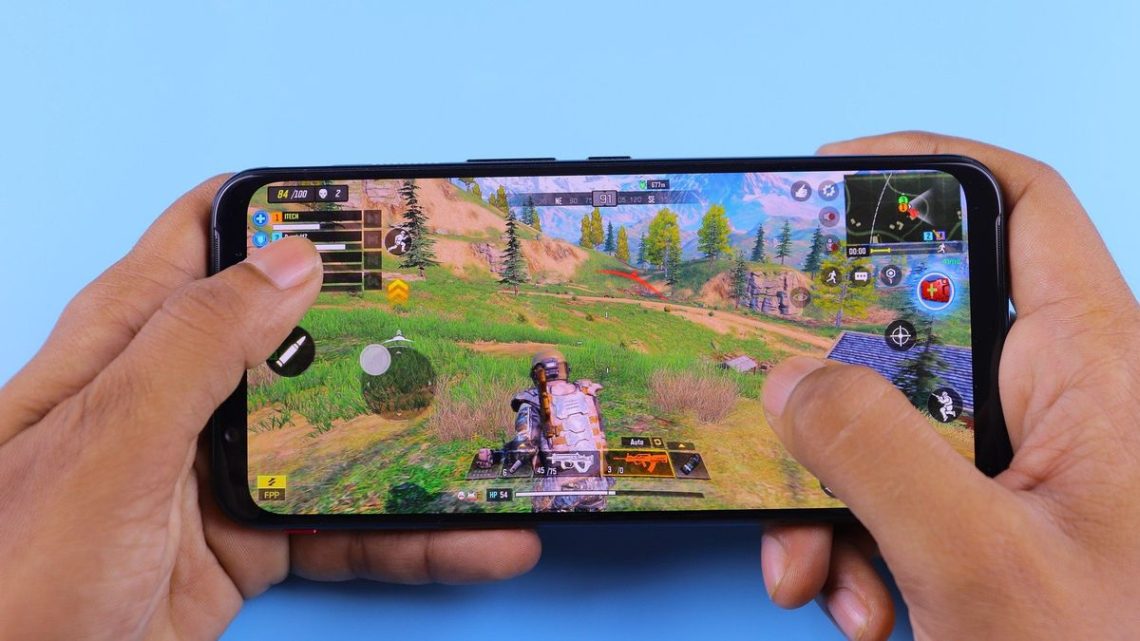Online games have transformed the way we interact, compete, and immerse ourselves in virtual worlds. From simple text-based adventures to expansive multiplayer universes, the evolution of online gaming reflects broader technological advancements and changing social dynamics FANZA ゲーム. This article explores the journey of online games, their cultural significance, and their impact on society.
A Brief History
The roots of online gaming can be traced back to the early 1970s with the development of ARPANET, the precursor to the internet. Text-based games like “MUD” (Multi-User Dungeon) emerged, allowing players to interact in a shared environment. As technology advanced, so did the complexity and accessibility of games.
The late 1990s saw a surge in graphical online games, with titles like “Ultima Online” and “EverQuest” popularizing Massively Multiplayer Online Role-Playing Games (MMORPGs). These games created vast, persistent worlds where thousands of players could interact in real-time. The introduction of broadband internet in the early 2000s further accelerated growth, paving the way for mainstream success.
The Rise of Mobile Gaming
The advent of smartphones brought online gaming to an even broader audience. Casual games like “Angry Birds” and “Candy Crush” became cultural phenomena, attracting players of all ages. The accessibility of mobile gaming has reshaped the industry, enabling players to engage in quick, entertaining sessions anytime, anywhere.
Community and Social Interaction
One of the most significant aspects of online gaming is its ability to foster community. Players can connect with friends and strangers across the globe, forming bonds through shared experiences. Games like “Fortnite” and “Among Us” have become social platforms in their own right, where communication and collaboration are key.
Online gaming communities often extend beyond the game itself, with forums, social media groups, and streaming platforms like Twitch creating spaces for players to share strategies, showcase talent, and build friendships. This social dimension has made gaming a more inclusive and interconnected experience.
The Impact of Esports
Esports has emerged as a major force within the online gaming landscape. Competitive gaming tournaments attract millions of viewers, with players showcasing their skills in games like “League of Legends,” “Dota 2,” and “Counter-Strike.” The professionalization of esports has led to sponsorship deals, scholarships, and even dedicated arenas for live events, blurring the lines between traditional sports and gaming.
Economic Influence
The online gaming industry has become a significant economic driver. With a global market valued at over $150 billion, it encompasses game development, publishing, streaming, and merchandise. The rise of microtransactions and free-to-play models has transformed revenue streams, allowing developers to monetize games while offering free access to players.
Challenges and Concerns
Despite its many benefits, online gaming faces challenges. Issues like addiction, cyberbullying, and toxic behavior can negatively impact players. Developers and platforms are increasingly implementing measures to address these concerns, including reporting systems, community guidelines, and mental health resources.
Additionally, the debate around data privacy and security in online gaming continues. With personal information at risk, players must navigate the digital landscape cautiously, while companies strive to protect their users.
The Future of Online Gaming
As technology continues to advance, the future of online gaming looks promising. Virtual reality (VR) and augmented reality (AR) are poised to create immersive experiences that blur the lines between the virtual and physical worlds. Cloud gaming services, such as Google Stadia and NVIDIA GeForce Now, are changing how games are accessed and played, allowing users to stream high-quality games without the need for powerful hardware.





